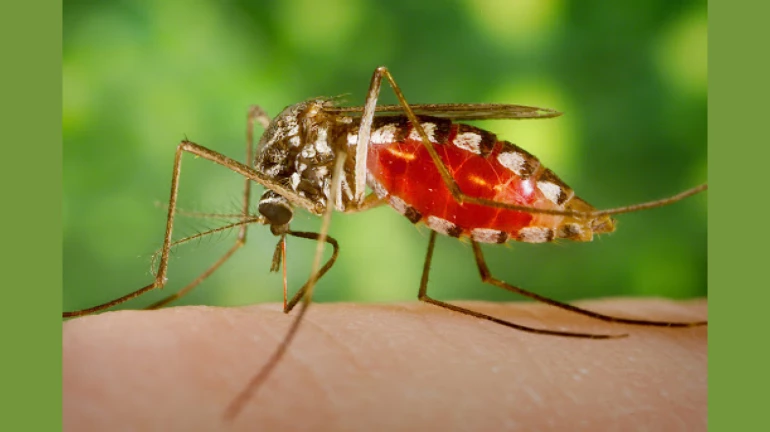
Mumbai has seen a significant rise in the number of monsoon-related illnesses in the first half of 2025, revealed the Brihanmumbai Municipal Corporation’s (BMC) Public Health Department. A notable increase was witnessed in malaria and gastroenteritis cases.
This spike is attributed to the early onset of monsoon showers in May, which created a conducive environment for the spread of vector-borne and water-borne diseases.
According to the data released by the BMC, malaria cases rose sharply to 2,857 between January and June 2025, compared to 2,055 in the same period last year.
Meanwhile, Gastroenteritis also saw an increase, with 4,513 cases reported this year against 4,200 in 2024.
Hepatitis cases grew from 347 to 437, while chikungunya infections jumped from 21 to 136, indicating an alarming upward trend. Dengue cases saw a marginal rise, from 431 to 452.
On the other hand, COVID-19 infections showed a decline, with 992 cases reported in the first half of 2025, down from 1,392 during the same period last year.
Initiatives Taken By BMC:
Additionally, 36 health camps were organized and nearly 4,900 workplace interventions were carried out to ensure early detection and treatment of infections.
More than 85,000 water-holding items like tyres and containers were removed from across the city.
Besides, fogging operations were also conducted extensively, covering over 51,000 buildings and nearly 8.4 lakh huts to contain the mosquito population.
Breeding Spots Identified:
Vector control teams inspected over 72,000 potential breeding sources, identifying 6,506 breeding spots for Anopheles mosquitoes, responsible for malaria transmission. For dengue and chikungunya, 27,456 breeding sites for Aedes mosquitoes were found.





